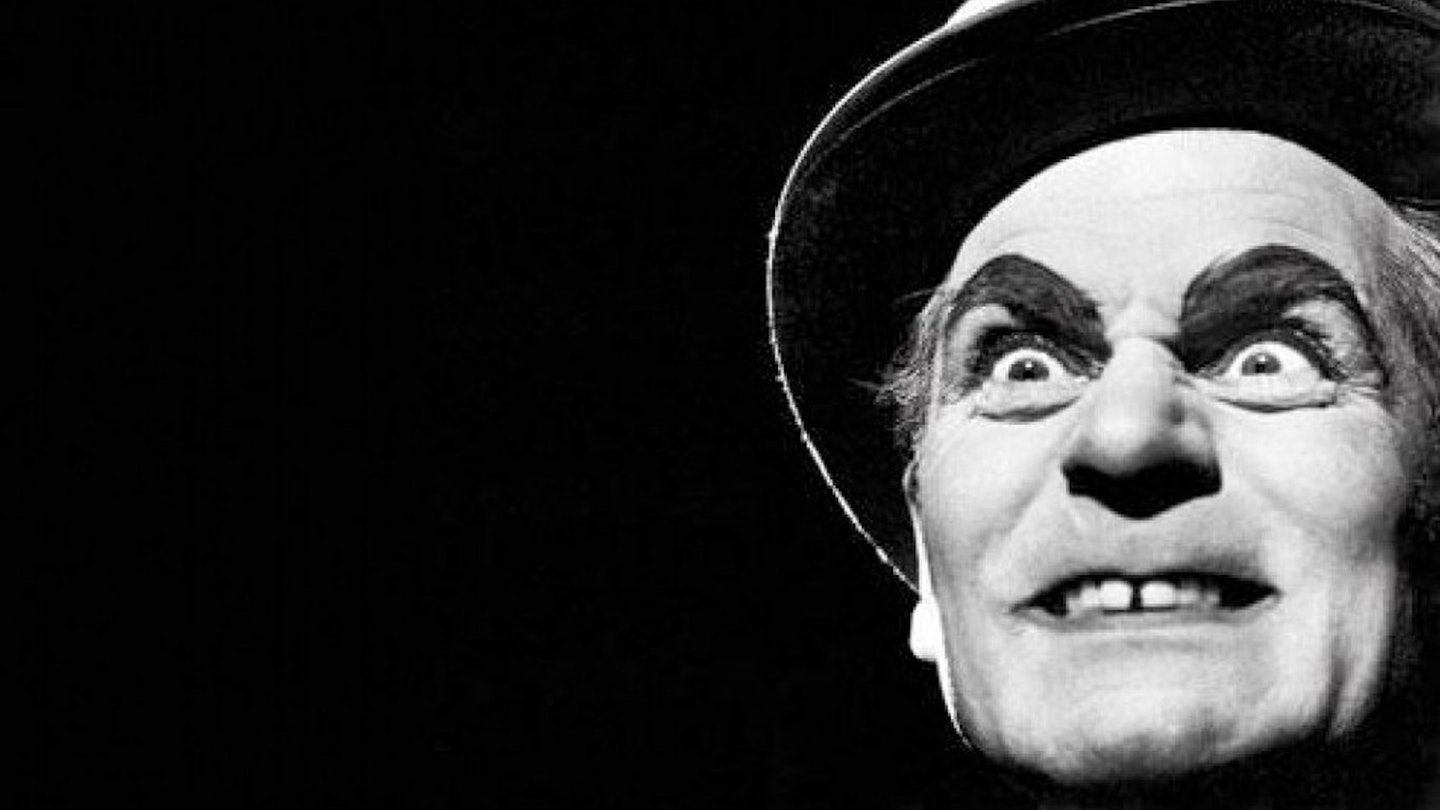The Entertainer was Laurence Olivier's proudest screen achievement. He had initially warmed to Archie Rice on stage in 1957, because he offered an escape from interminable classical parts. But the world's finest thespian came to recognise something of himself in this desperate ham whose embittered egotism tainted the lives of those around him and it's this identification that enabled Olivier to produce such a lived-in performance.
There was a hint of art imitating life, as Olivier would marry co-star Joan Plowright in 1961. But there's a sense in which he protested too much in his claims of kinship with Archie, as only a truly great actor could have made such mediocrity seem credible. Moreover, he also locates a dimming spark of humanity in this boorish bully and, thus, turns him into a tragic anti-hero, whose cruel wisecracks bely a despair and vulnerability that he refuses to acknowledge. Indeed, the coastal setting is most apt, as Rice is a Cnut-like figure desperately seeking to hold back the tide, by both bedding Tina Lapford and by ie Delpy (leni), Andre wilpersisting with music-hall schtick that was old hat when Max Miller did it in the 1930s. Yet, the irony is that Archie seems more human in his grotesque greasepaint, as he grimaces his way through the tired gags and atonal ditties that say as much about the audience that paid to see him as they do about the talentless has-been himself.
Filmed by Oswald Morris, the sights of the seaside backwater found echo in the equally morose images captured by Gilbert Taylor in Jerry Summers's The Punch and Judy Man, in which Tony Hancock similarly lamented the passing of the traditional seasonal entertainments. But Tony Richardson, who was making only his second feature, is clearly more comfortable with these authentic locations than he was with the studio sets used for Look Back in Anger, which was similarly adapted by John Osborne and Nigel Kneale from the former's Royal Court production.
